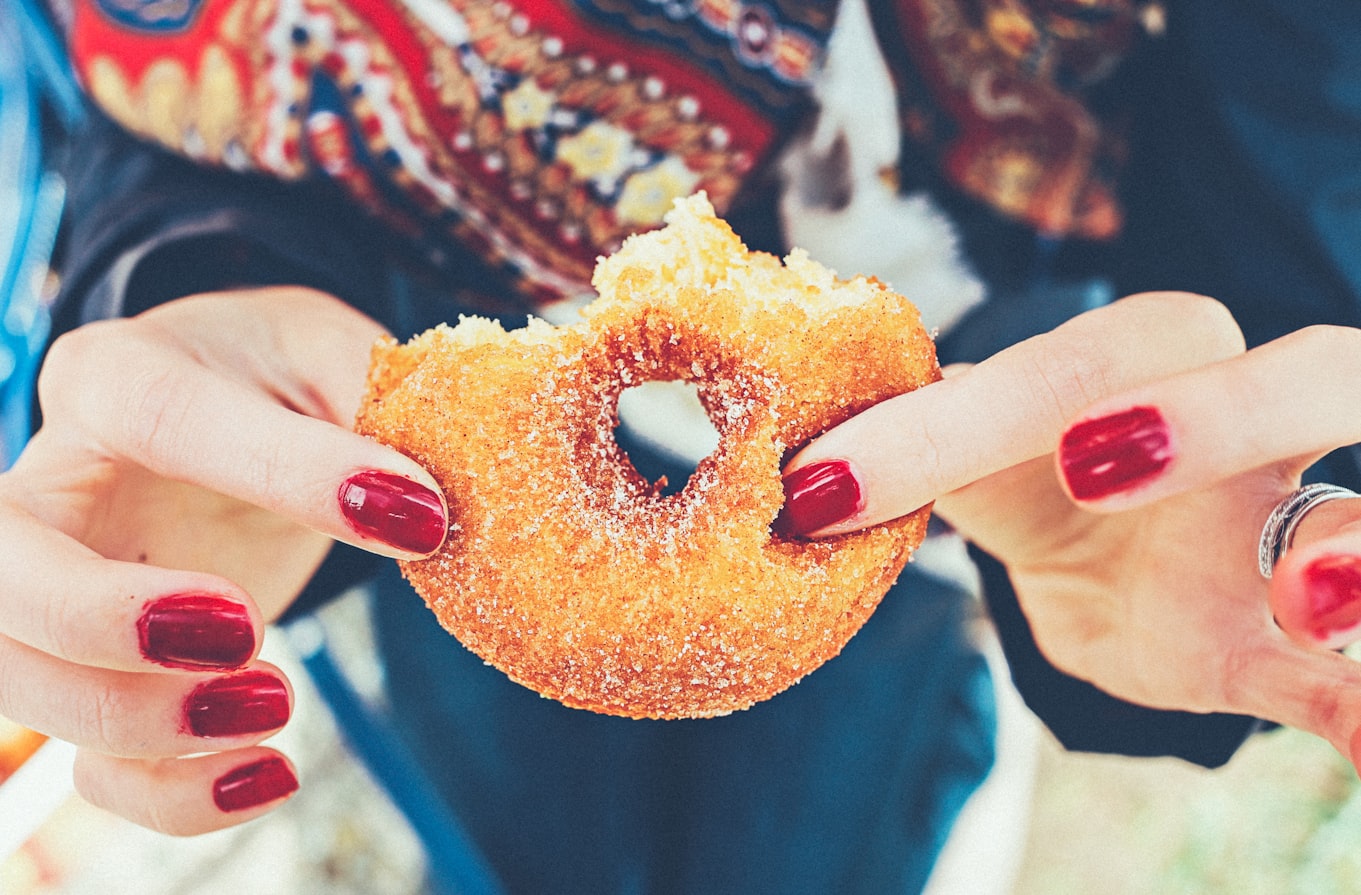Snacks or foods with sugar are often tasty and fine in moderation. However, just like the bacteria found in the human mouth, what’s inside sugar can have a detrimental effect on your teeth. If you like to add a bit of sugar to your daily diet as a way to perk up or simply enjoy meals a bit more, there are a few tips you can follow to minimize possible issues with your teeth.
Brush Frequently
Although this tip might seem too obvious at first, it includes some things that you might not think to add to your routine. In addition to a regular dental visit, frequent brushing can cut down on the bacteria on tooth enamel. As an adult with a busy schedule, you may find it difficult to adhere to a brushing routine. Consider carrying a portable toothbrush in your everyday work kit that you can whip out when you want to combat sugar. You can go to a restroom right after enjoying a snack and take care of your teeth.
Visit Your Friendly Neighborhood Dentist
Taking part in your own oral hygiene is just one side of the equation that contributes to healthy teeth. Scheduling regular appointments with your dentist is the other side of the coin. A visit to the dentist, like those at Same Day Dental, will usually include recommendations to brush daily, floss, and possibly use mouthwash. However, a dentist can do some things that are difficult to do on your own. A qualified orthodontist can check for cavities, remove plaque, and make suggestions for better oral health.
Swish and Chew
Even if you can’t brush your teeth after every snack, you may be able to swish a bit of oral rinse around for good measure. Mouthwash containing a bit of fluoride can be helpful, but natural toothpaste is better. However, even rolling a bit of plain water around in your mouth can help remove some of the problematic elements of sugar. Another option is to chew gum after a snack. The action of chewing will increase saliva production and help remove sugar from teeth.
No Sugar at Night
It’s common for many people to get a bit hungry after dinner. This can be especially true if you need to eat dinner early in the evening and stay up for a few hours before your usual bedtime. However, keeping your teeth healthy might mean avoiding sugar at night. The mouth tends to be drier at night and during sleep, and it produces less saliva to combat tooth decay. Eating sweets before bed may increase the risk that your mouth’s defenses can’t address the bacteria problem efficiently.
Sugar can spell trouble for sensitive teeth, but you don’t have to feel guilty about every tasty snack you eat. Applying a few proper tips to your dental hygiene routine can make some of your favorite comfort foods safe and enjoyable.
Emma Sturgis
Recent Posts
- Castor Oil For Better Hair Growth: Is It Myth Or Fact?
- Exploring the Differences Between Sermorelin, Ipamorelin, Ibutamoren, GHRP2, and GHRP6: Understanding Their Role in Human Growth Hormone Regulation
- Unraveling the Mystery: Understanding the Causes and Prognosis of Ventricular Tachycardia Without Apparent Heart Disease
- Understanding Grandparents’ Rights in Oklahoma: Navigating Visitation and Legal Protections
- 10 Reasons to Consider Hypnotherapy for Your Health

